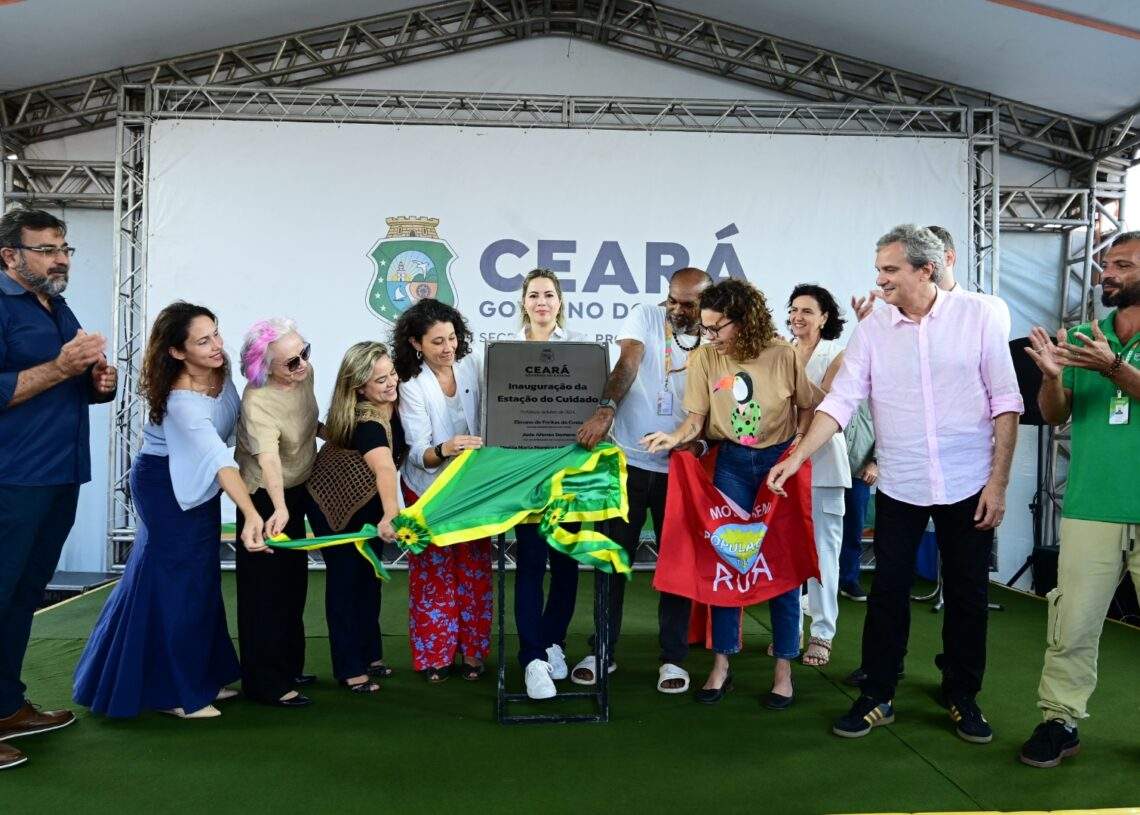The city of Fortaleza (Brazil) has , for a number of months now, a new Care Station, the first initiative within the Direct Access and Inclusion Centres programme of Brazil’s National Secretariat for Drug Policy and Asset Management (SENAD).
The initiative aims to provide shelter, prevention and social inclusion for individuals in vulnerable situations within territories affected by drug issues. The centre features laundry facilities, showers and psychosocial care rooms. Located in the Moura Brasil neighbourhood, housed in a residential module, the station can serve up to 100 people per day. It is open every day of the week and caters to homeless individuals and those with drug-related challenges.
Initiative for people in vulnerable situations
Inspired by national and international experiences of comprehensive care for individuals with substance-use needs and social exclusion, this innovative facility offers a tangible response to promoting rights and social reintegration. It adopts a multidisciplinary approach, offering social assistance, healthcare, legal advice, income-generation support and access to citizenship.
The CAIS proposal is based on integrated practices that have already demonstrated positive outcomes in Brazil’s flagship programmes, such as Corra para o Abraço in Bahia and the Atitude Programme in Pernambuco. The aim is to create welcoming spaces, offering services that range from food and hygiene to legal guidance and referral to health and social protection networks.
Call for proposals for expansion
A call for proposals will soon be issued to select five civil society organisations, each tasked with implementing five CAIS centres across different regions of Brazil. These centres will promote human rights, facilitate the social reintegration of individuals in extreme vulnerability, and ensure inclusive, high-quality care.
Support from COPOLAD III
The COPOLAD III Programme has supported the establishment of the CAIS in two key areas:
-
Firstly, by aiding the pilot of the Fortaleza CAIS as the first scalable experience nationwide through a community co-management approach.
-
Secondly, by contributing to the design and implementation of the national scaling strategy for CAIS.
This support has included methodological assistance through training and technical support in the ECO 2 method. In May, the COPOLAD experts travelled to Fortaleza to train community leaders, thereby enabling them to replicate the initiative in other locations.
The COPOLAD III Programme supports 14 community-based drug support facilities across 12 countries in Latin America and the Caribbean.






